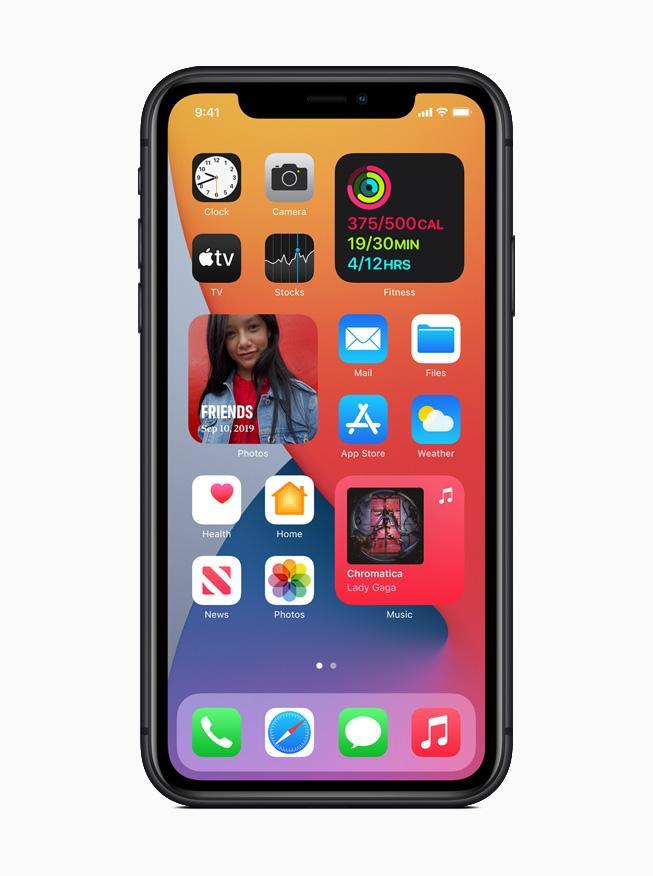The iPhone has revolutionized the way we communicate, work, and interact with technology. With its sleek design and powerful capabilities, it has become a staple in the lives of millions. One of the key components that contribute to the iPhone’s success is its operating system, iOS. This mobile operating system, developed by Apple, offers a seamless user experience, robust security features, and a vast ecosystem of applications. In this post, we will delve into the intricacies of iOS on iPhone, exploring its features, updates, and the impact it has on users and developers alike.
Understanding iOS and Its Evolution
iOS, originally released in 2007, has undergone significant transformations over the years. Each update has brought new features and enhancements, focusing on improving user experience and security. For instance, iOS 14 introduced widgets, allowing users to customize their home screens with dynamic information at a glance. Meanwhile, iOS 15 brought enhancements to FaceTime, improved notifications, and a revamped Focus mode to help users manage their time more effectively.
Key Features of iOS on iPhone
One of the standout features of iOS is its user-friendly interface. The design philosophy emphasizes simplicity and ease of use, making it accessible to users of all ages. Additionally, iOS supports a wide range of applications that cater to various needs, from productivity to entertainment. The App Store, Apple’s official marketplace, boasts millions of apps, ensuring there is something for everyone.
Another significant aspect of iOS is its security. Apple places a strong emphasis on user privacy, implementing features like App Tracking Transparency and end-to-end encryption for iMessages. These measures empower users to have control over their personal data and enhance their overall security.
The Role of Updates in iOS
Regular updates are crucial for maintaining the performance and security of any operating system, and iOS is no exception. Apple typically releases major updates annually, alongside smaller updates throughout the year to address bugs and security vulnerabilities. This commitment to updates ensures that iPhone users can enjoy the latest features and improvements without having to purchase new hardware.
The Impact of iOS on App Development
The iOS ecosystem has had a profound impact on app development. With its large user base and lucrative market, developers are eager to create applications for the platform. Apple’s development tools, such as Xcode and Swift, make it easier for developers to build and optimize apps for iOS. Furthermore, the App Store’s strict review process ensures that users have access to high-quality applications, enhancing the overall experience.
Future of iOS on iPhone
As technology continues to evolve, so too will iOS. The integration of artificial intelligence and machine learning is expected to play a significant role in future updates. Features like Siri, Apple’s virtual assistant, are likely to become more sophisticated, providing users with even more personalized experiences. Additionally, advancements in augmented reality (AR) could lead to innovative applications that enhance the way users interact with their surroundings.
Conclusion
In conclusion, iOS on the iPhone is a dynamic and ever-evolving operating system that has redefined the mobile experience. With its focus on user experience, security, and a thriving app ecosystem, it continues to attract millions of users and developers alike. As we look to the future, the potential for innovation within iOS remains vast, promising exciting developments that will further enhance the way we use our devices. Whether you’re a long-time iPhone user or considering making the switch, understanding the intricacies of iOS will undoubtedly enrich your experience.
